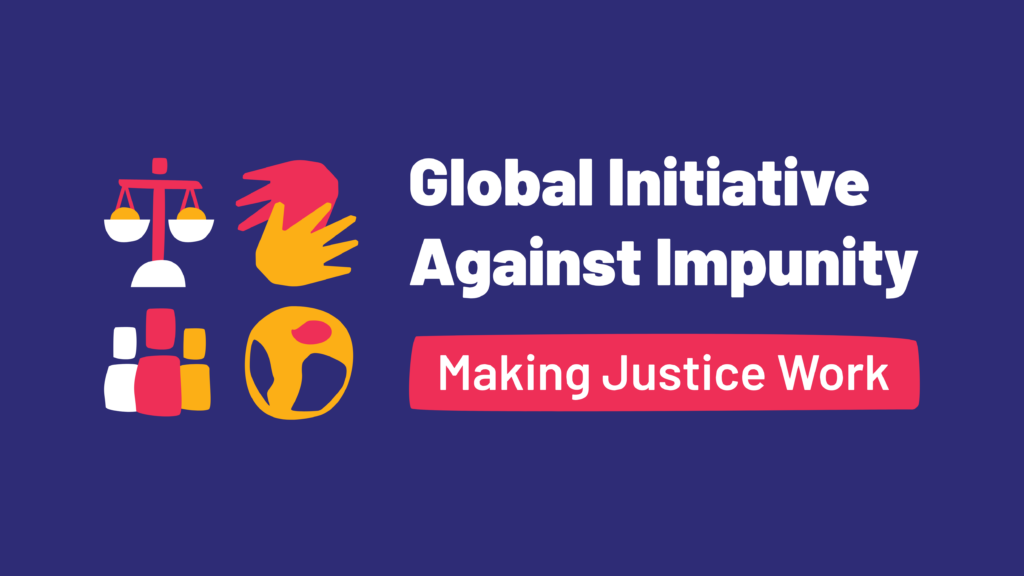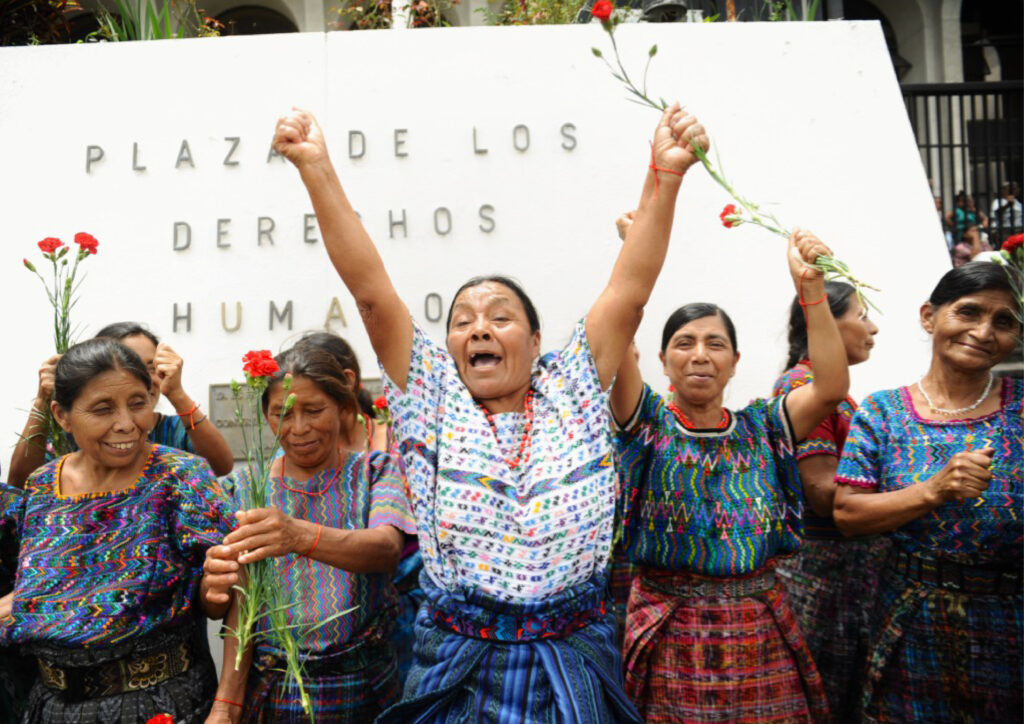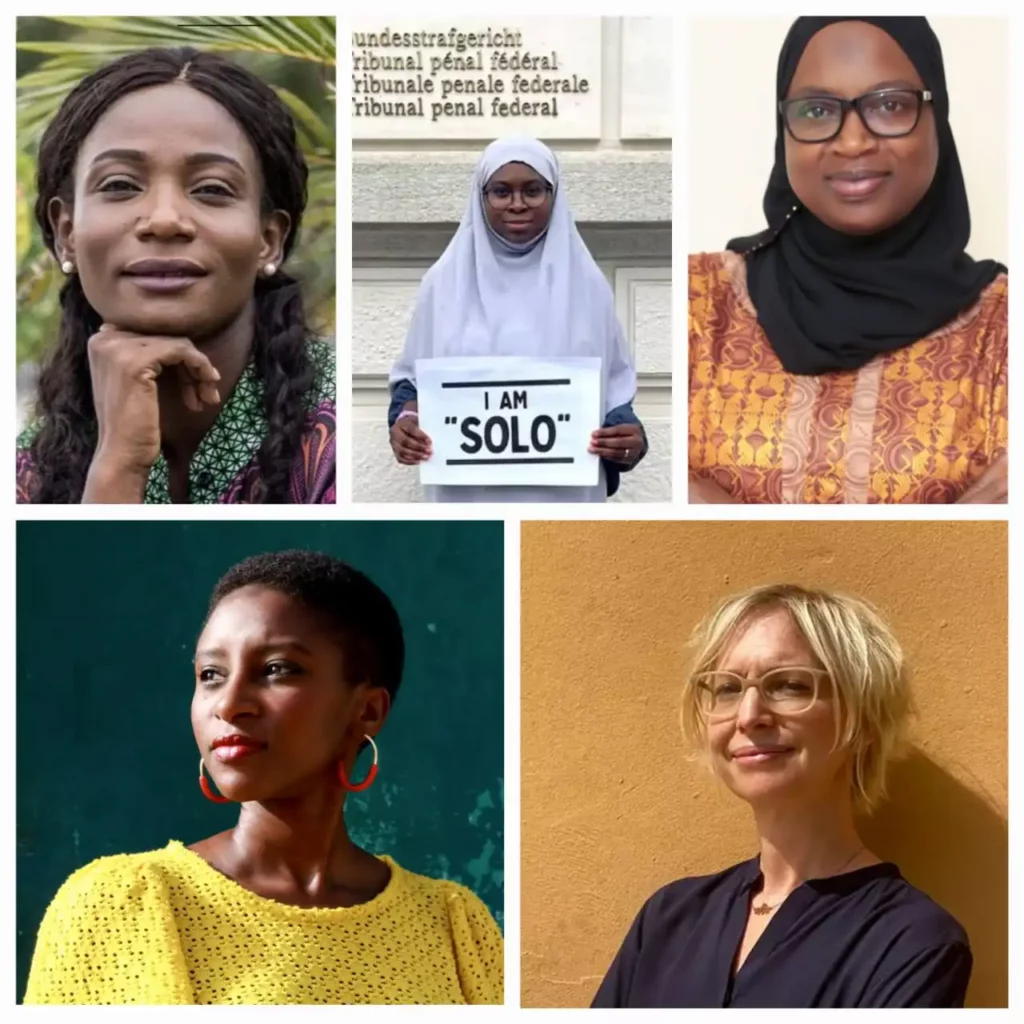In Bosnia and Herzegovina, stigmatization persists for victims of wartime sexual violence
Despite the significant progress made in recent years, many survivors of wartime sexual violence still continue to face stigmatization in Bosnia and Herzegovina (BiH). A training for prosecutors and judges, organized by TRIAL International, addressed stereotypes and stigmatization that survivors encounter during criminal proceedings and showed participants how to avoid them.

“According to research, for one reported rape there are 15 to 20 unreported cases. The reasons behind this statistic include the length of court proceedings and short sentences for perpetrators, both of which lead victims to distrust the judicial system”, said Milanko Kajganić, Prosecutor at the Prosecutor’s Office of Bosnia and Herzegovina.
Sexual violence victims face a number of challenges in coming forward to speak about the crime. For instance, societally imposed and internalised feelings of shame and blame and concern that the public will judge them. However, discrimination does not stop there – this pattern continues in the courtroom as well, said Kajganić. These stereotypes are perpetuated through questions asked in court, the language used in verdicts, the characterisation of crimes, the admission of certain evidence, the imposition of protective measures, and the acquittal of perpetrators.
“The whole process can be very difficult for the victim and can lead to retraumatization. That is why preparation and support are crucial for the witness. They need to be encouraged”, said Andrea Masic, a psychologist at the Court of Bosnia and Herzegovina.
Awareness-raising induces positive change
Such discriminatory stereotypes undermine the victims’ dignity and credibility and constitute an egregious interference with their brave decision to report the crime. Still, there is progress, said Božidarka Dodik, judge at the Supreme Court of Federation of Bosnia and Herzegovina.
“This is evident from the comments and reactions of judges and prosecutors attending trainings. We can also see it in court decisions rendered between the start of the workshops and up until now“, said Dodik.
Still, the problem of stigmatisation does not end with the final verdict. Even if victims obtain the satisfaction of seeing their perpetrators convicted, they must live and deal with the stigma outside the courtroom. It is thus vital that all sectors of society work to improve the position of sexual violence survivors. Every individual and institution need to get involved in stigma alleviation.










